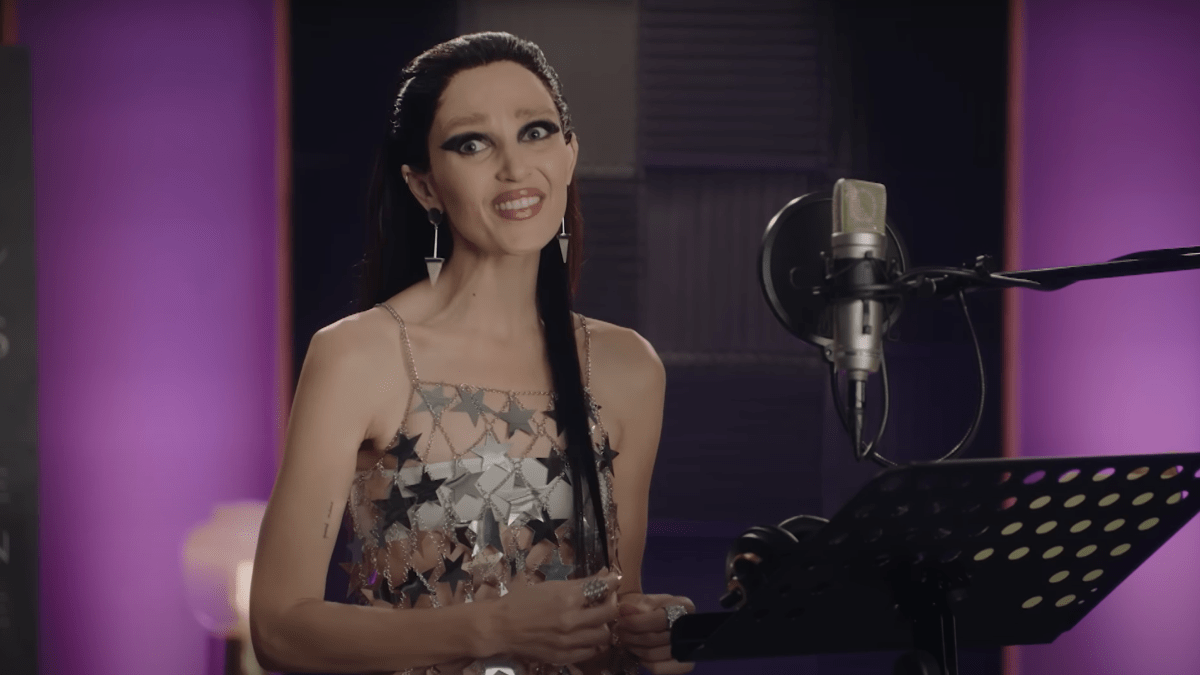Warning: one featured sketch in this article depicts an attempted death by suicide. Please read with discretion.
The November 11th episode of Saturday Night Live was the most controversial in a long time. The latest episode of the iconic comedy sketch series, hosted by Timothée Chalamet, was met with significant backlash from viewers.
One sketch, about a number of celebrities auditioning to narrate the audiobook of Britney Spears’ memoir, The Woman in Me, was criticized by Britney’s fans for making light of her trauma, even drawing criticism from Britney’s manager. A second sketch, where Chalamet’s character jokes that his stage name for his music career is “Hamas,” was slammed by many viewers for making light of the deaths of Palestinians. This was also not helped by the fact that SNL paid tribute to Ukrainian victims of war last year, but has kept quiet on the more recent conflict.
In addition to the social media pushback for their lack of sensitivity, these same two same sketches have also been subject to accusations of plagiarism. The memoir-reading sketch makes fun of the Spears’ ex-boyfriend, Justin Timberlake, and the embarrassing revelations found in Britney’s memoir. Actress and model Julia Fox (played by Chloe Fineman) voices one such passage, though the text she reads is not taken from the memoir at all.
As Twitter (or X) was quick to point out, several people have already made jokes similar to the SNL gag, with Pop Crave pinpointing a viral tweet by user @TheHalfBloodLad as the original post’s author. Another sketch, by the comedy group Please Don’t Destroy, involves Chalamet contemplating jumping off a ledge over his failed music career. When the group insists his music can’t be that bad, he plays some odd psychedelic music, causing one character in the sketch to call it “frog music.”
This tweet from last week, originally by user @buckadeath, invoked several — also viral — responses about the music being “frog music.” Not only is this the exact same joke used in the sketch, but the music itself is also suspiciously similar.
Did SNL actually plagiarize tweets?
Given that some of the wording is pretty exact, it would be difficult to argue that no one who writes for Saturday Night Live saw these tweets, especially as these were pretty big memes online. A coincidence is possible — but perhaps not that likely.
It is also important to note that there is a team of writers on SNL, and that one person may have pitched the joke to a group of co-writers, who thought it was an original joke. If there is an argument to be made for plagiarism having occurred, this would probably be down to an individual, and perhaps not the show’s production as a whole.
What is more important is whether or not SNL has the right to use other people’s jokes. While it is arguably nearly impossible to make a joke that no one else has made, using a tweet or other social media post on national television without credit is much more murky — especially as the SNL writers get paid to craft jokes, and the person who composed the original tweet, presumably, does not.
SNL — or the writer behind the jokes — could also invoke the fair use argument, defined by the Copyright Alliance as using pre-existing material in a “transformative” manner, meaning that it overrides accusations of infringement. This argument could be used for Please Don’t Destroy’s overall joke in the sketch about the “frog music” being unlistenable — but even then, the characters in the sketch kind of just state the joke outright, which is not exactly “transformative.”
The Julia Fox segment is mainly a vehicle to showcase Chloe Fineman’s impression of Fox’s famously breathy, chilled-out vocals, and while much of the sketch’s premise is the cast reading out real passages from The Woman in Me, Fineman’s script isn’t a memoir excerpt, but instead a retelling of a recycled Sex and The City bit. Other parts of the sketch, such as the impression of John Mulaney, also uses a fake script of what an average Mulaney stand-up routine sounds like, and not Britney’s memoir.
The Copyright Alliance also states that a tweet is copyrighted and subject to plagiarism, if “the following criteria are satisfied: The content must be original to its author, meaning the expression cannot be copied from someone else, and it must possess at least a minimal amount of creativity.”
This is perhaps more difficult to debate. SNL writers could easily point out that many people make similar jokes, and it can be hard to pinpoint an original author, and that memes lack a certain level of creativity. In 2019, Lizzo was involved in a lengthy lawsuit over her hit single, “Truth Hurts,” plagiarising a tweet, which resulted in writing credits being added to the song, as well as a likely significant payout. If SNL wants to avoid this kind of trouble in the future, the best thing they can do is veer away from any pre-existing memes.
If someone you know is experiencing suicidal thoughts, call the 988 Suicide & Crisis Lifeline, or visit their website for a confidential live chat.
